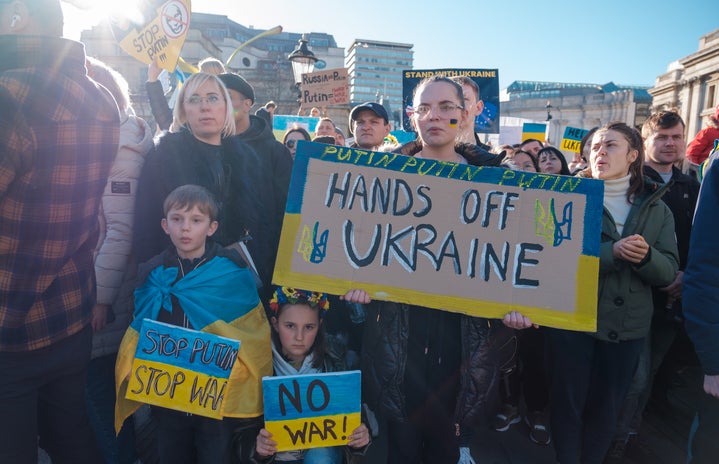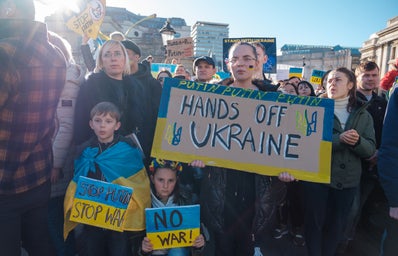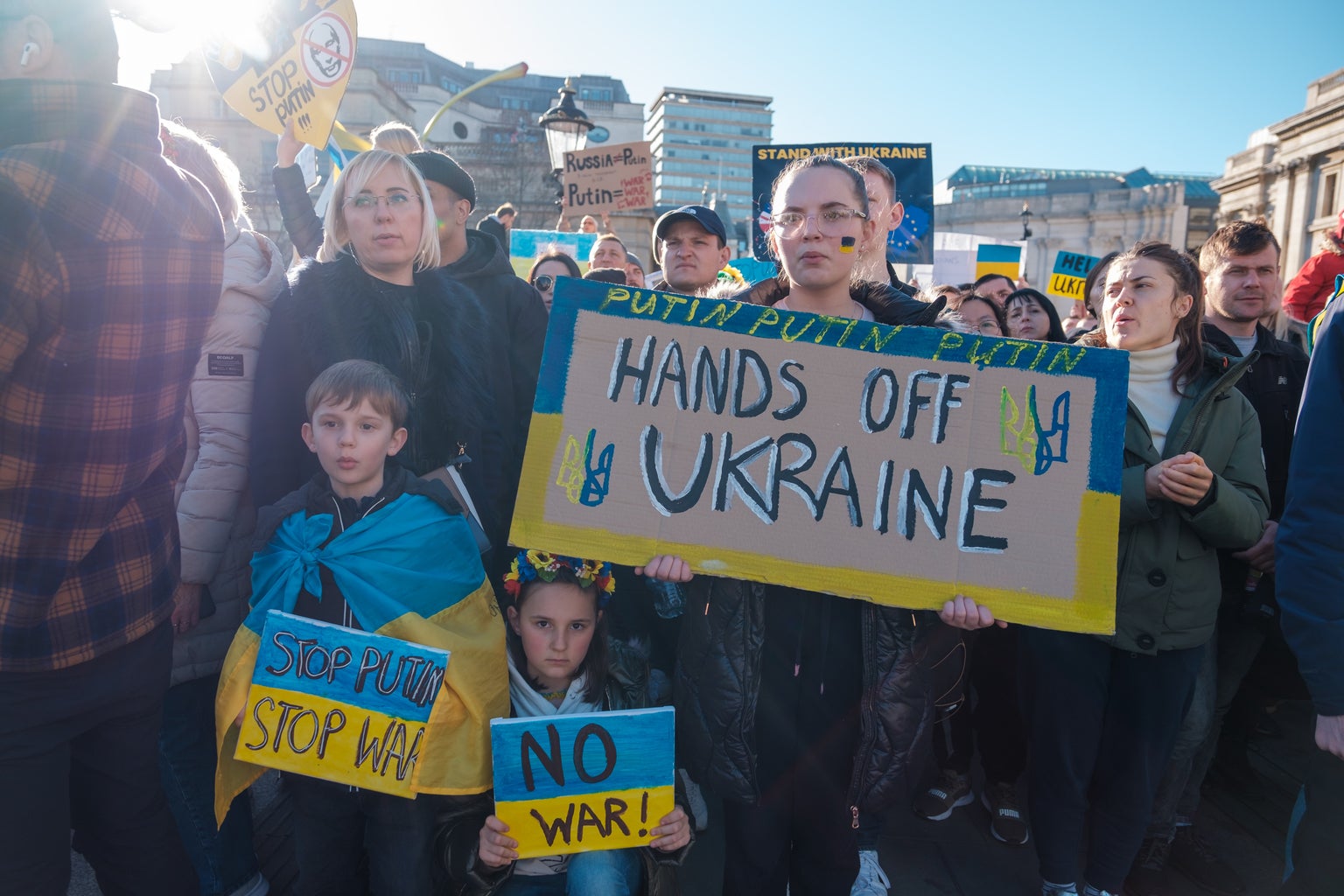With all the current talk of ‘World War Three’ tensions, Russian President Vladimir Putin’s decision to invade Ukraine has placed Chernobyl and its nuclear power station back in centre stage. Unfortunately for Chernobyl, with its crippling stage fright, it would probably be best to rather leave it undisturbed.
If you aren’t familiar with its backstory, Chernobyl is the Ukrainian city where a 1986 nuclear power plant explosion sent at least 5% of its radioactive core into its surrounding environment (Cardis, 2011). To no one’s surprise, this ended up having a detrimental effect on the area, killing 31 people due to acute radioactive syndrome, and causing over 350 000 people to be evacuated (Cardis, 2011).
So, what’s the hot take on recent activity in Chernobyl? After all, radiation isn’t usually mentioned in the ‘Top Ten Health Hacks’ list.
Disruption to this relatively delicate habitat has unsurprisingly caused a minor spike in radioactivity. However, researchers think this is the least of our worries. The main concern lies within the reality of war in a country operating nuclear power stations. It probably wouldn’t shock you that the International Atomic Energy Agency (IAEA) has advised the heightened probability of a nuclear catastrophe is not an ideal start to overcoming climate change, let alone a situation of war (Tobias, 2022).
“We’ve entered something that that [sic] the industry was in complete denial of,” said Greenpeace’s Jan Haverkamp. The nuclear expert went on to say, “Nuclear power is just not an energy source that belongs in a war situation.” (Collins, 2022). Who would have guessed?
Nevertheless, researchers seem to think that the nuclear site is still relatively safe (Tobias, 2022). However, the lives of the 210 technicians and guards responsible for keeping it this way have not had a second for a breath of fresh, non-radioactive air. Since the invasion of the power plant in late February, these workers have been trapped inside, with limited supplies of food and medicine. Meanwhile, they have been forced to continue fulfilling their duties amidst an entire invasion that has sent their families, along with 2 million others, fleeing (Tibias, 2022).
Although it is no longer a working power station, constant supervision and maintenance are essential to keep this nuclear zone safe. The IAEA states that the fundamentals of ensuring nuclear safety are running the system with staff who are able to make decisions free of “undue pressure” (Collins, 2022). As if working with toxic radiation isn’t enough pressure, being forced to live on-site and work continuous shifts, while often being limited to only one meal of porridge and bread a day, means working conditions are declining rapidly. Impaired abilities to carry out duties safely are dangerously possible (Tobias, 2022).
Professor James Smith, who studies the Chernobyl site, explains that because this is not an active nuclear power plant, there is no real risk to public health or of mass destruction, “It’s not good that people aren’t changing shift and are working with Russian soldiers around them, but I don’t see a big danger.” (Tobias, 2022). So, no big deal then, right? Wrong.
The risks of a major nuclear catastrophe may be low, however, the emotional burden for these workers is far more extreme than you might anticipate. Treated inhumanely, isolated, under the impression that no one cares and with no attempts of a rescue mission, these staff members are slowly giving up on any hope.
Worry is no longer for the ‘Risk of Chernobyl Today’, but rather for ‘The Risk of Chernobyl’s Staff’. Damage in Chernobyl seems to be relatively minor, under the current extreme circumstances of course. However, the damage inflicted upon the workers and technicians of Chernobyl is far beyond repair. The staff members who are being forced to work under Russian brutality assume that no one cares enough to help them, and so far, it seems they might be right. Awareness needs to be raised to help those without a voice. So never mind the almost dormant nuclear power plant, it’s time to think about those whose lives can still be saved.
References
Cardis, E. and Hatch, M., 2011. The Chernobyl accident—an epidemiological perspective. Clinical Oncology, 23(4), pp.251-260. https://doi.org/10.1016/j.clon.2011.01.510
Collins, J. 2022. Ukraine: As war rages what are the risks at the Chernobyl nuclear plant? Ukraine: As war rages what are the risks at the Chernobyl nuclear plant? | Environment | All topics from climate change to conservation | DW | 09.03.2022
Tobias, B., 2022. Ukraine war: Chernobyl workers’ 12-day ordeal under Russian guard. Ukraine war: Chernobyl workers’ 12-day ordeal under Russian guard – BBC News


